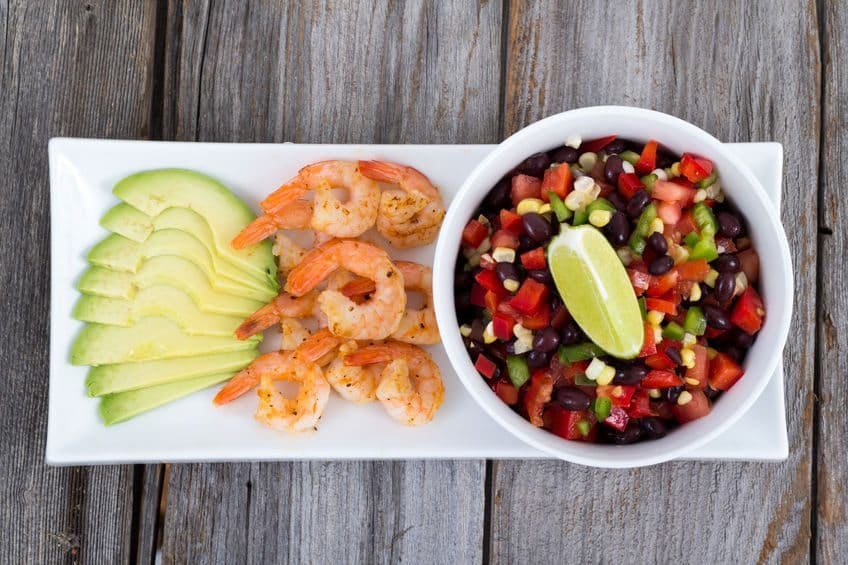
[cmamad id=”3467″ align=”center” tabid=”display-desktop” mobid=”display-desktop” stg=””]
We’ve puzzled with a serious dietary question in recent years.
Is it better to go high carb and low-fat, or low-fat and high carb?
As you may know, if you’ve been following me for a while, I recently changed my opinion on this topic.
One of the big reasons for my change of opinion were studies like this.
I also found a lot of the biochemistry explanations that I learned favor heavily a diet that is low in fat.
So let’s take a look at the study done by some, ahem, heavyweights in the scientific community.
This study was led by Dr. Kevin Hall:
 Researchers put some people on a low-carbohydrate high-fat diet.
Researchers put some people on a low-carbohydrate high-fat diet.
They put other people on a high-fat low-carbohydrate diet.
Keep in mind that these diets had exactly the same number of calories in them.
So then over time they found that people might lose weight a little more readily on a low-carb diet.
But they found that these people lose more lean mass.
People on a high carb diet lost weight more slowly.
[cmamad id=”3468″ align=”center” tabid=”display-desktop” mobid=”display-desktop” stg=””]
But they kept their lean mass, and they lost mostly or entirely just fat.
There is bit trouble with most diets.
Many low calorie or calorie restricted diets involve the loss of lean mass, along with fat.
So your heart gets a little smaller.
Your muscles get a little smaller.
All of your organs lose weight and get smaller.
None of this good.
An ideal diet means that you only lose fat and nothing else.
It turns out that a high-carb low-fat diet is an ideal diet.
You lose fat, and you do not lose lean mass.
This flies in the face of today’s most popular diets, but it’s the real deal.
You can kind of understand why a high-carb low-fat diet beats a diet that’s low in carbs.
Here’s the reasoning.
Your body needs sugar.
So if you restrict sugar, then your body is going to digest proteins and make sugar.
This is a process called gluconeogenesis.
And it pulls those proteins from your lean mass.
Low-carb diets are also extremely stressful for your body.
A diet that is low in sugar/carbohydrates creates high levels of cortisol in the blood all the time.
A high-fat low-carb diet is essentially a starvation diet with adequate calories.
Your body goes into a starvation mode with high-stress hormones.
These hormones include high cortisol, serotonin, and I think high estrogen levels.
Cortisol is a stress hormone that affects blood pressure, blood sugar, and so much more.
And it triggers that protein digestion I mentioned, gluconeogenesis.
What makes this study so good is that it is extremely well documented and well measured.
In summary, we found that selective reduction of carbohydrate resulted in decreased insulin secretion, increased fat oxidation, and increased body fat loss compared to a baseline diet.
In contrast, selective reduction of dietary fat led to no significant changes in insulin secretion or fat oxidation compared to the baseline diet, but significantly more body fat was lost than during the carbohydrate-restricted diet.
So from a weight-loss perspective, the bottom line is if you go low-fat you’re more likely to lose fat.
If you go high-fat and low-carb, you will still lose weight, but a lot of the weight you lose will be valuable lean mass.
You cannot afford to lose lean mass as you get older.
And here’s an outstanding Youtube interview of Dr. Hall:

http://www.ncbi.nlm.nih.gov/pubmed/26278052
